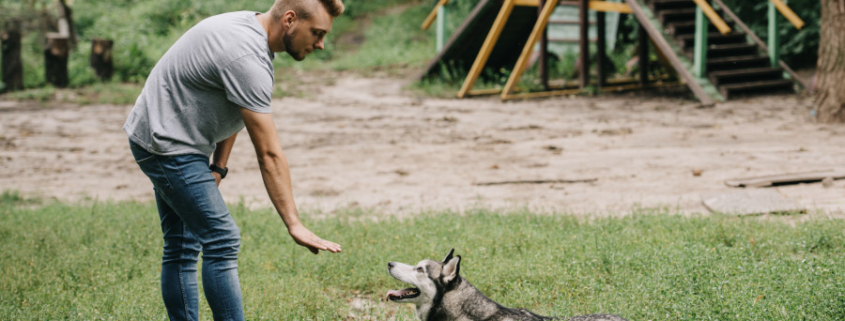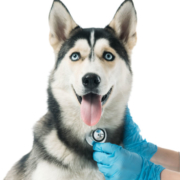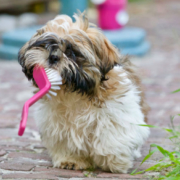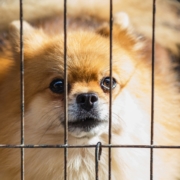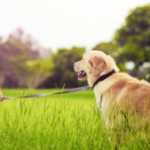One of the tougher decisions we have when owning a dog is deciding whether some form of training is needed. On the surface, our dog’s behavior seems reasonable, and any issues are played off as unique quirks that we’ve learned to love. But those “quirks” can often be a sign of more significant problems that need to be nipped in the bud before they can cause issues for your dog and yourself.
Below are some signs that signal that it may be time to seek out a professional.
Resource Guarding
As a child, we had a dog who was highly protective of his food. If you bent down to pick up a bowl while he was eating, he’d sometimes attack your hand. At the time, we chalked it up to being a rescue dog who had to fight for resources. But this was an issue that should have been addressed at a young age.
If your dog shows aggression when you take away resources such as food or water, it’s time to seek help. Your dog is insecure and, without some help, could lead to a painful and severe bite down the road.
Separation Anxiety
That same dog I had as a child hated to be left alone. The minute he was alone, he’d run to trash cans to tear up everything inside. His favorite move was grabbing a roll of toilet paper out of the bathroom and shredding it into a million pieces. But there was also urinating and the occasional defecation in the house.
Not only is this destructive behavior not great for you, but it puts immense stress on your dog. There is something deep down that is causing this behavior. It is best to seek out help from a dog trainer when this becomes a regular habit.
Rough Background
You’ve done the heroic thing and adopted a dog who has had a rough time of it. Perhaps they were neglected or abused. This doesn’t make your dog bad, but it does mean that you should seek help from a professional to diagnose any behavioral issues. These can include aggression toward strangers, depression, or timidness.
Non-Stop Barking
This can be a tough one to diagnose because dogs love to talk. But there comes the point when that bark during playtime turns into barking at everyone that walks past the window. A dog that overreacts to everything has a problem. One that not only makes your life worse but likely your neighbors too.
Won’t Listen
We’ve all had that facepalm moment when we need our talk to sit or stay, and they just go sprinting around. But that shouldn’t be the norm as a pet owner. If your dog is unwilling to listen to you or learn commands, there is a problem that a professional dog trainer needs to solve.
So now that you’ve seen a problem, what’s the next step?
Hire a Professional
We all like to think we can fix our dog’s behavioral problems with some time and love. But unfortunately, it’s not as simple as that. Reading some dog sites and mining a subreddit is not going to provide the knowledge you’ll get from an expert. Turning to a professional is the next step to get you and your dog’s life on track.
But any old dog trainer won’t do. There are still many stuck in the past who think abuse and outdated psychology still work. These can be dangerous to your dog and instill added stress and fear into their lives.
Grumpy Puppy, a dog trainer covering Anaheim, Santa Ana, and Huntington Beach, offers a different solution; behavioral training. This method goes beyond training your dog to obey some commands and figures out why they are having these problems in the first place. This holistic and scientifically-based approach provides a more humane and comprehensive training for your dog.
Beyond the necessary training and problem solving that many trainers provide, they offer something I had never seen before, social adventures. This puts your dog around other dogs so they can work on their social skills. This seems like a great way to have them learn while enjoying themselves as well.
Worth the Investments
When you think about it, we spend a fortune on our dogs in their lifetime, from food, toys, and all those vet visits. So it is kind of silly to skimp on something as important as training. This is especially true at the puppy stage when you can mold your pet into a well-adjusted adult canine.

